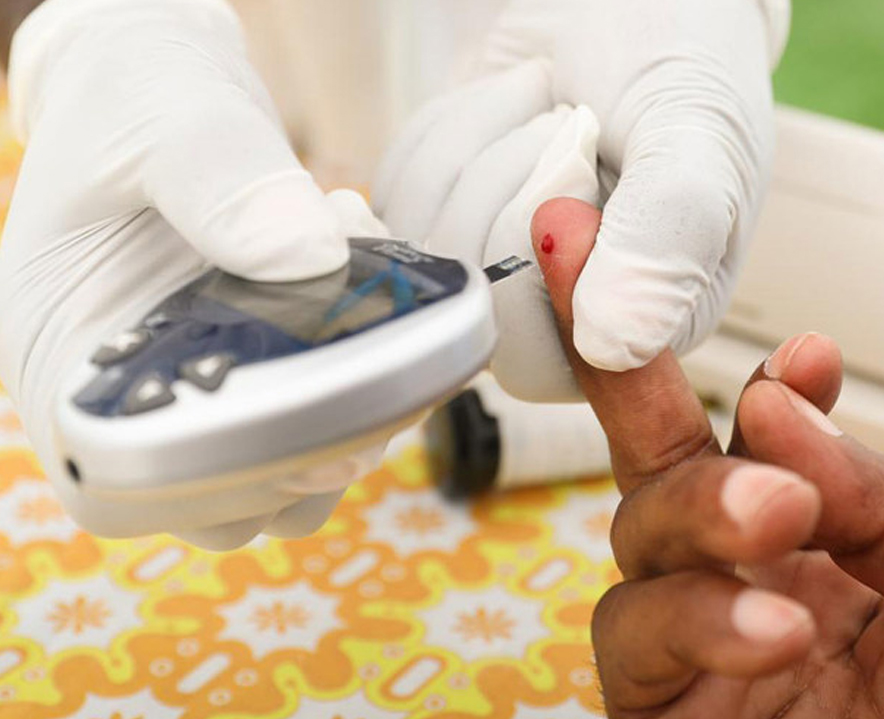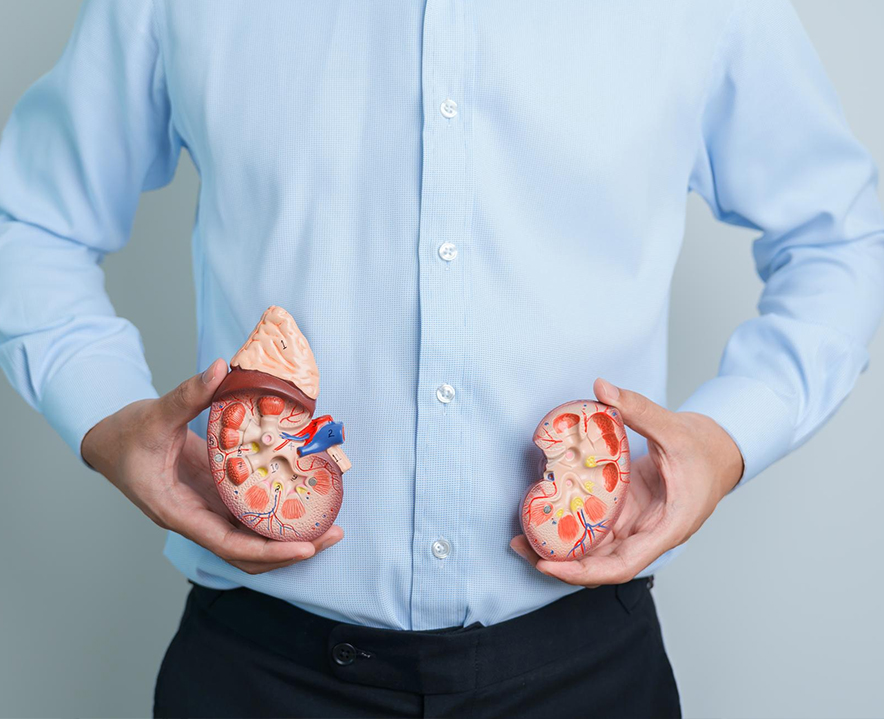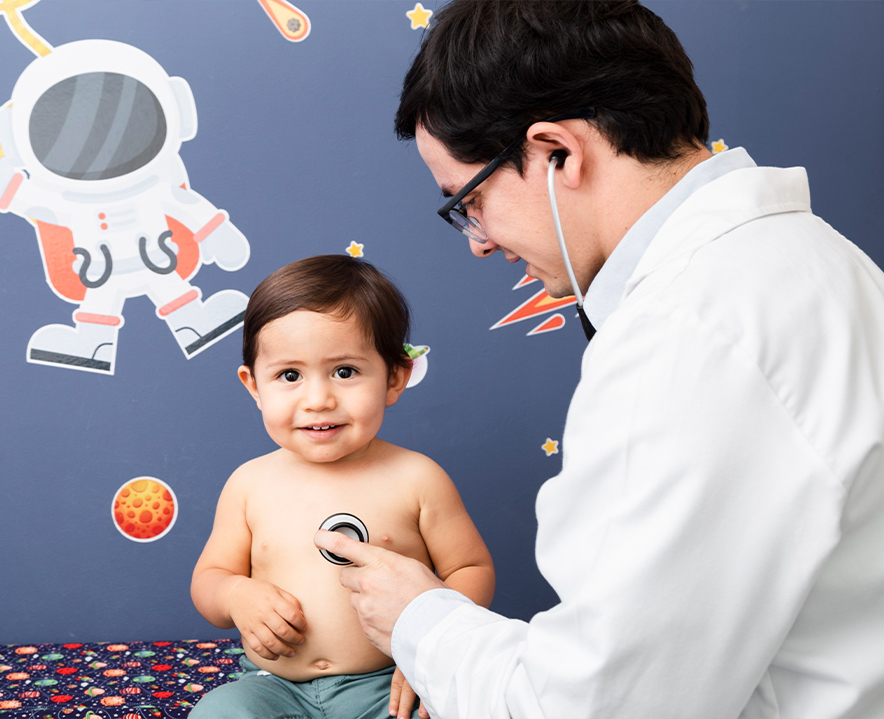What is Post COVID-19 Syndrome?
Post COVID-19 or Long COVID refers to the syndrome in which even after testing negative a COVID patient continues to experience the after-effects of the disease.
Post COVID-19 syndrome includes a large array of symptoms which include-
- Fatigue
- Chronic Weakness
- Headaches
- Brain Fog
- Shortness of breath
- Light-headedness or dizziness
- Palpitations
- Gastrointestinal disturbances
- Myalgia
- Joint pain
- Persistent anosmia and a variety of other symptoms.
Apart from these common post-COVID-19 symptoms, doctors have observed that patients with diabetes are experiencing other symptoms and long-term complications. COVID-19 could trigger TYPE-1 and TYPE-2 Diabetes. Therefore diabetic patients who have already recovered from COVID-19 should pay attention to the signs like-
- Wavering blood sugar levels
- Excessive thirst
- Feeling hungry frequently
- Fatigue, exhaustion
- Slow healing of wounds
- Ardent cravings
- Numbness
- Prickling in the hands and feet
Recovery Diet for People with Diabetes
Post COVID-19 conditions for Diabetic patients require careful management of blood sugar levels. Healthy nutrition and light home-based exercise are essential for a speedy recovery. A healthy diet should ensure consuming food that does not cause a spike in blood sugar levels.
A Diet plan plays a major role in the overall treatment plan to control diabetes and prevent severe health complications. It is therefore essential for diabetic patients to eat a balanced and varied diet to secure the stability of their blood glucose levels and improve their immune system. Patients are recommended to-
- Adopt a low-fat diet
- Adopt a low-sugar diet
- Prioritize foods with a low glycaemic index
- Choose lean meats such as chicken, turkey and fish
- Give priority to vegetable oils, nuts and seeds
- More consumption of green leafy vegetables and fruits
The essential components in a diet plan for post-COVID-19 diabetic patients are:
- High Fibre that stimulates the elimination of excess cholesterol from the cardiovascular system. High-fibre food like vegetables, fruits, legumes, nuts, seeds, whole grains and whole oats ensure proper digestion and bowel function. They do not cause large glucose spikes in the patient’s bloodstream.
- Protein- Foods rich in protein include roasted chickpeas, beans, plain yoghurt, almonds, walnuts, pistachios, soy nuts and other vegetable based protein foods.
- Healthy carbohydrates are contained in food items that are relatively less processed and contain fibre. The healthiest carbohydrates are present in vegetables, whole fruits (apples, bananas, strawberries etc), whole grains, legumes, nuts, seeds, tubers.
- Heart-healthy protein- Animal-based proteins are found in chicken and fish which are low in saturated fat and cholesterol. Fish like salmon, mackerel and herring contains high levels of omega-3 fatty acid that promote heart health.
- Heart-healthy fat- Foods like avocados, nuts, olives and vegetable oils include good fats (monounsaturated and polyunsaturated fats) that help to lower cholesterol.
Generally and more specifically after Covid recovery diabetic patients should refrain from consumption include-
- Fried foods
- High-fat dairy products
- Red meat, organ meats, shellfish, beef, processed meats and pork products
- Partially hydrogenated fats like cakes, cookies, refrigerated biscuits, rolls etc
- Simple and refined carbohydrates such as candy, pastries, white bread
- Trans-unsaturated fats in processed foods, shortening and margarine.
- Sweet and bubbly fizzy drinks or soda
- Packaged juice
- Breakfast cereal
- Natural sweeteners








